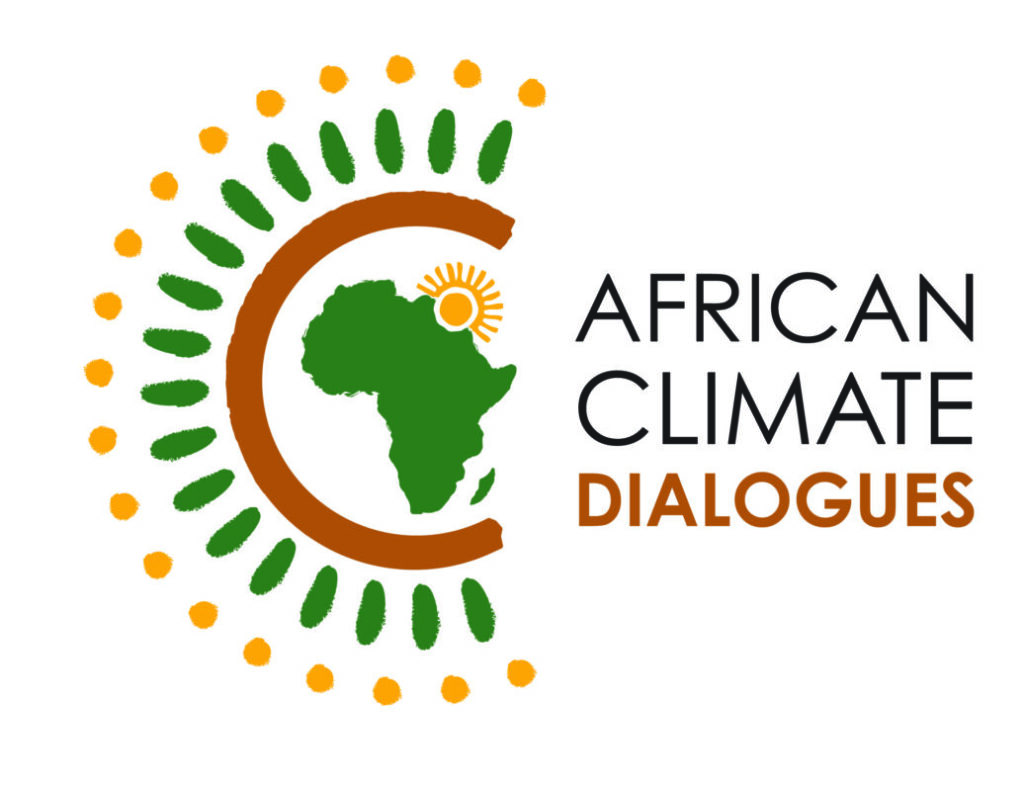SECAM: “Climate Change Holds Back Potential for Development,” Cardinal Ambongo’s Address

Sr. Jecinter Antoinette Okoth, FSSA
At an online launch of a document dubbed African Climate Dialogues Communiqué which addresses key messages from a series of five dialogues sessions which took place between July and September, the Cardinal representing African bishops emphasized that the effect of climate change can be realized in lack of potential for development.
In his opening address on Monday, October 17, to deliver suggestions and requests from African perspective after joint efforts and consultations on climate issues, the first Vice-President of the Symposium of Episcopal Conferences of Africa and Madagascar (SECAM) His Eminence Fridolin Besungu Cardinal Ambongo expressed the need for journeying together to fight climate crisis.
“Wherever you look on this continent, a continent already struggling due to an unjust global economic system, you see climate change holding back the potential for development,” Cardinal Ambongo disclosed in his message prior to the 27th United Nations Climate Change Conference known as the Conference of Parties (COP27), slated for 6-18 November, in Sharm El Sheikh, Egypt.
He narrated that climate crisis is a lived reality for people across Africa highlighting that “Recent summer heatwaves in the north of the continent have caused massive social and economic losses and damages, breaking temperature records and severely disrupting agri-food systems in an already hungry region.”
According to the Archbishop of Kinshasa, DR Congo and SECAM’s President for Justice, Peace and Development Commission, “Storms and cyclones which occurred early in the year caused devastation in Southern Africa, resulting in the destruction of homes and the loss of lives.”
Eastern Africa is also “facing the worst food crisis in a generation, precipitated by extreme drought (while) West Africa, cities are flooded, communities in the creeks are submerged, and conflicts which have simmered for years are now intensifying due to climate-induced displacement.”
Even though the complexity of climate change situation at times seems difficult to see the solutions the Cardinal said, the continent is certain that “the Global North is largely responsible for the climate crisis and must contribute their fair share to address it.”
This means the Global North should “lead the way in emissions reductions, providing funding for climate adaptation, loss and damage, and supporting countries in the Global South to achieve just levels of development within planetary boundaries,” the Cardinal said in his Monday address.
He hopes that the most promising solutions will reflect key principles of Catholic Social Teaching including the common good, justice between generations, care for our common home and the preferential option for the poor.
Giving reference to Pope Francis’ Encyclical Fratelli Tutti where the Holy Father proposes dialogue and encounter as a means of building a more just world, Cardinal says this is what inspired the African climate Dialogues an initiative which brings together Church and civil society actors and allies including communities and religious leaders from across the African continent and European organizations “to share African realities, personal experiences and perspectives on key topics related to the UN climate conference COP27.”
The dialogues included “community and civil society representatives with lived experiences of climate change, researchers and professional advocates with policy expertise, officials from all levels of government, and leaders in the Catholic Church who could frame the pressing ethical questions raised by climate change in terms of the action of God and the demands of justice.”
The Local Ordinary of Kinshasa further revealed that “Climate change is a moral outrage and a tragic and striking example of structural sin, facilitated by callous indifference and selfish greed.”
The Church leaders and civil society organizations in Africa and beyond, demand world leaders, business leaders and decision makers “to heed to this important communiqué, and in so doing, heed to the cry of the poor and the cry of the earth,” knowing that “climate crisis is leading to the destruction of our planet, the devastation of the lives of the poor, and the detriment of future generations.”


